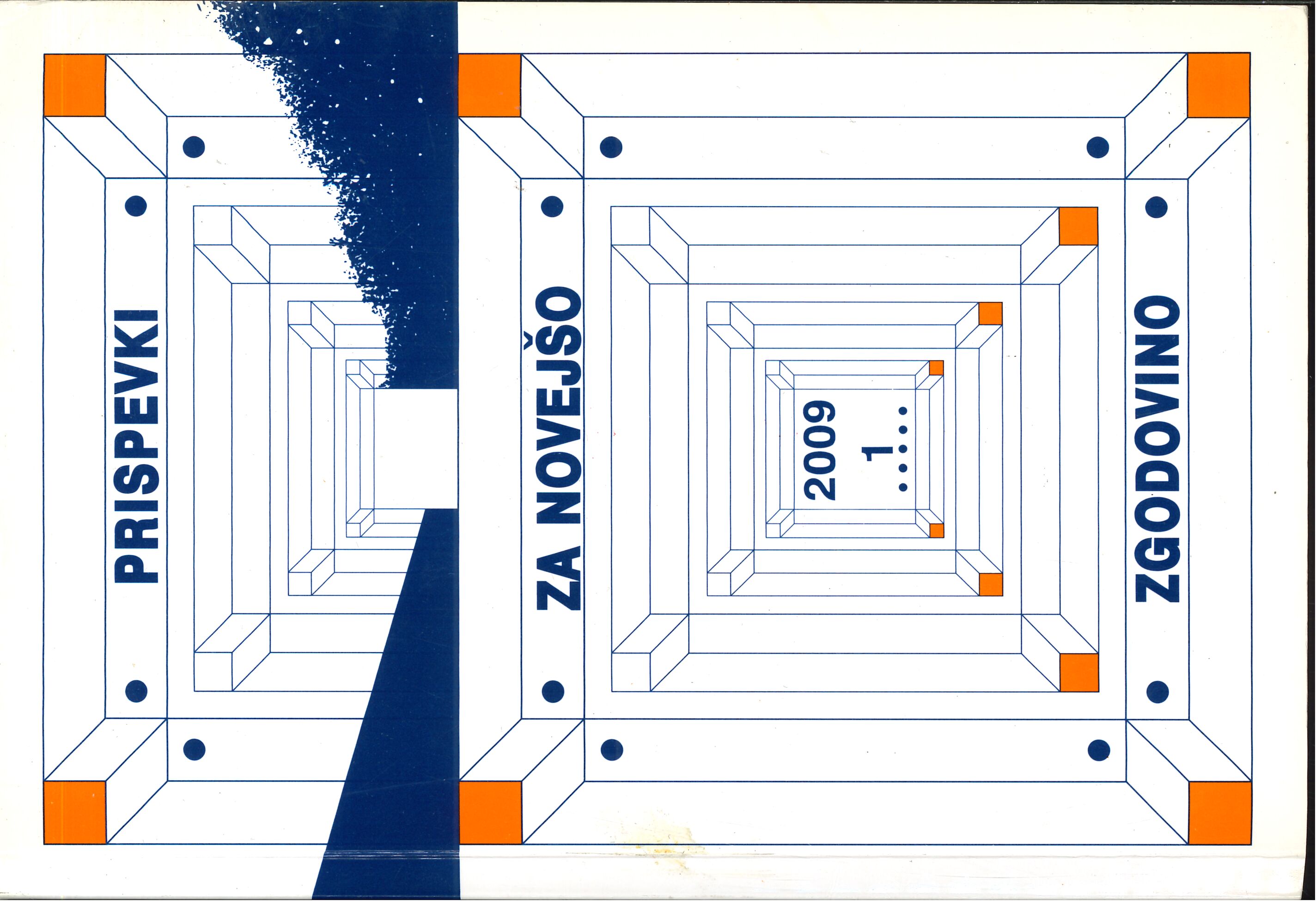Marshal Pétain, "Dissolution of the West" and the Nazi New Order in the Eyes of the Catholic Camp in the Period before the Attack of the Axis Powers on Yugoslavia
Keywords:
Nazi New Order, Catholic camp, liberal democracy, authoritarian regimes, Vichy, collaborationAbstract
The Vichy French State, led by Marshal Henri Philippe Pétain, in many aspects represented a model which was not only good to know but also to imitate and follow as exemplary. Pétain was presented as a shining example of how the conservative Catholic circles could, by adapting themselves, find their place in the emerging New Order and simultaneously avoid the war in so far as they were loyal and honest enough in their cooperation with the Nazi Germany, as Pétain supposedly promised in his famous Montoire Statement. All of the indicated Pétain's "virtues" actually reflected the wishes of SLS in the period when the destiny of Yugoslavia was being decided on. In the international political field those wishes involved loyal cooperation with the Axis Powers and joining the Tripartite Pact, while in the internal political field they comprised of adjusting to the Nazi New Order by establishing a conservative authoritarian regime on the corporatist basis which would preserve the influence of the Church and the Catholic religion even in the new circumstances.
Downloads
Published
Issue
Section
License
Authors who publish with this journal agree to the following terms:
- Authors retain copyright and grant the journal right of first publication with the work simultaneously licensed under a Creative Commons Attribution License that allows others to share the work with an acknowledgement of the work's authorship and initial publication in this journal.
- Authors are able to enter into separate, additional contractual arrangements for the non-exclusive distribution of the journal's published version of the work (e.g., post it to an institutional repository or publish it in a book), with an acknowledgement of its initial publication in this journal.
- Authors are permitted and encouraged to post their work online (e.g., in institutional repositories or on their website) prior to and during the submission process, as it can lead to productive exchanges, as well as earlier and greater citation of published work (See The Effect of Open Access).


